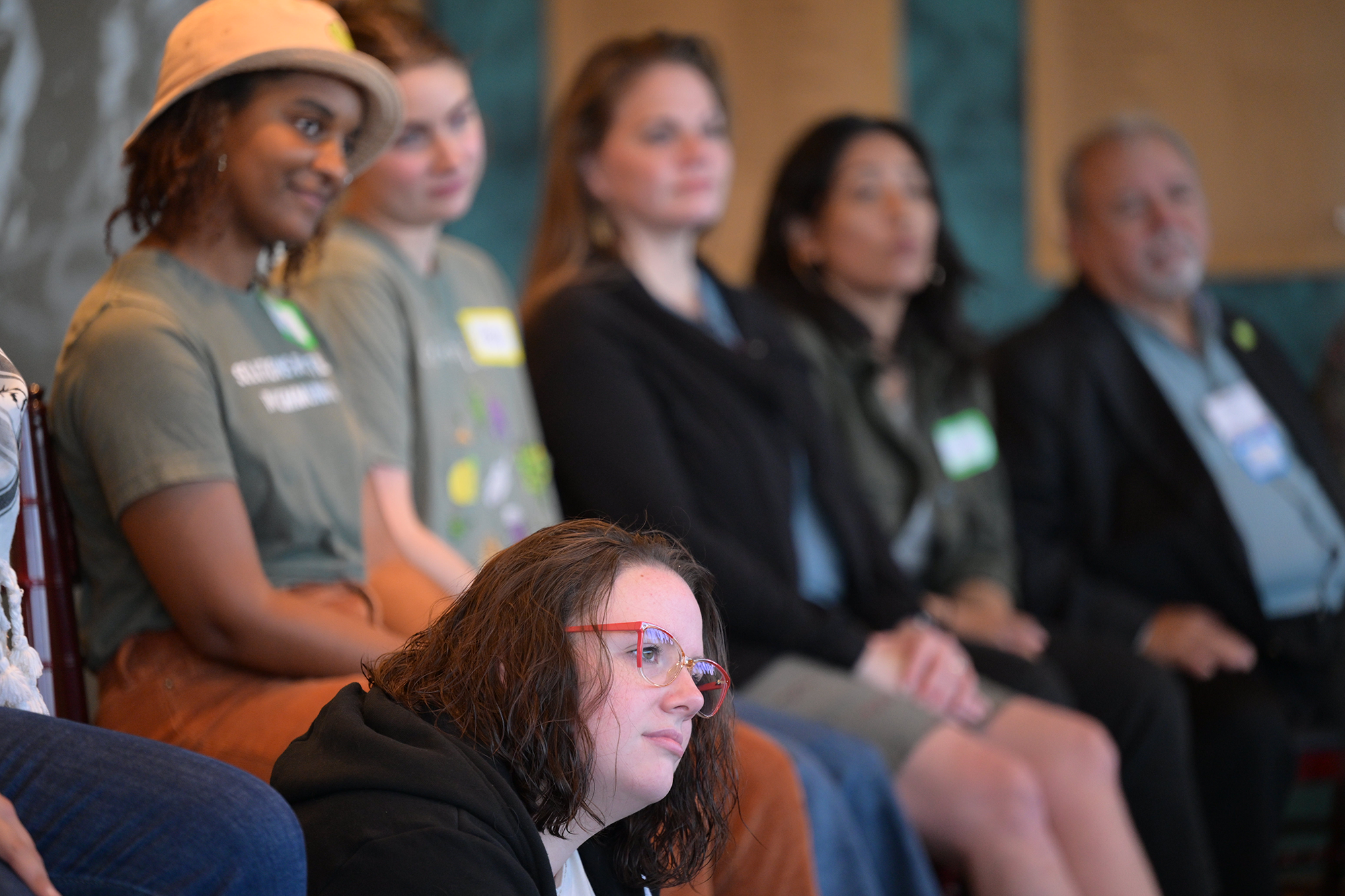
My understanding of what COVID-19 means to the cooperative community continues to evolve—due in large part to talking to dedicated, smart cooperators across the sectors. In some ways, the first weeks were easier. It was simpler to focus on clear priorities: keep staff safe, establish systems for virtual work so we can continue our mission, and ensure that as many cooperatives as possible are eligible for federal relief.
As the weeks tick by, all those priorities remain, but they must share organizational headspace with more questions about the mid- and long-term ramifications of the pandemic. Here is a way I have come to organize these thoughts around the most impactful role for the cooperative community and NCBA CLUSA.
This idea is a variation of the conventional two-step Respond (immediate) and Recovery (longer-term) framework by adding a middle phase: Relief. This framework adapts to the slow-moving tragedy—both public health and economic—this pandemic is wreaking.
Respond
Certain actions must be taken to reduce the risk of catastrophic health consequences, loss of life or irreversible economic harm. For co-ops, this has meant moving to virtual work if possible, ensuring safe working and customer environments for those co-ops in essential sectors, and aggressively advocating co-op eligibility and access to relief packages. As a cooperative community, we have made great strides—but as this crisis rolls out unevenly across time and geography, the response work continues.
Relief
This mid-term phase seeks to use the known resources and policy environment to bring longer term impact. This means looking to principles six and seven where co-ops with organizational and financial means can help co-ops that are struggling, for instance through the Cooperative Development Foundation’s Disaster Recovery Fund, new loan products at credit unions, and payment relief strategies for rural electric co-op customers. It could also mean using the cooperative principles and the current co-op statutes and policy environment to deal with new challenges exacerbated or brought on by COVID. For example, the family dynamic around work and childcare has taken on the new and often challenging aspect of virtual learning and more intense childcare, all while maintaining work schedules. Meanwhile, small businesses in many sectors need to adapt and perhaps even change their business model in this new reality. How can the co-op business model help these households and businesses survive and thrive in the future?
Recover
This is the longer-term prospect for co-ops to help build a more inclusive economy in a COVID or post-COVID economy. For co-ops to make a deeper impact, we may need policy change. For example, with the small business world in great tumult, how do we provide opportunities for workers and consumers to convert their businesses to cooperatives to empower more people in the community and to maintain the community pillars? Or what if people in rural communities had greater opportunity to build on the cooperative foundation to address critical infrastructure, resilience and environmental concerns? In cooperative housing, what if we had policy supporting those with working-class incomes to create thousands of low limited equity housing cooperatives? For many of these longer-term changes to happen at scale, we will need to adjust the policy landscape. And as we look to the historic examples of agricultural co-ops, credit unions and rural electric co-ops, we know that with an enabling policy environment, co-ops can have a transformative impact.
This framework also needs to consider another “R”—Repair. While COVID-19 did not create systemic inequalities, it certainly has made these inequities starker. As we begin to think about the mid-term and long-term future, now is the time to examine which systemic inequalities we as a cooperative community are positioned to address. We need to lift up how the cooperative business model can be used once again for transformational change. History teaches us that being intentionally inclusive can have a profound impact.
Now is the time to examine which systemic inequalities we as a cooperative community are positioned to address.
While there is much we do not know about how COVID-19 will ultimately impact our society and economy, we need to embrace what we do know: This change must happen, and the only way it will happen is if we work as a cooperative community to build a more inclusive economy—together.
—Doug O’Brien is president and CEO of NCBA CLUSA, where he works with the cooperative community to deepen its impact on the economy.


